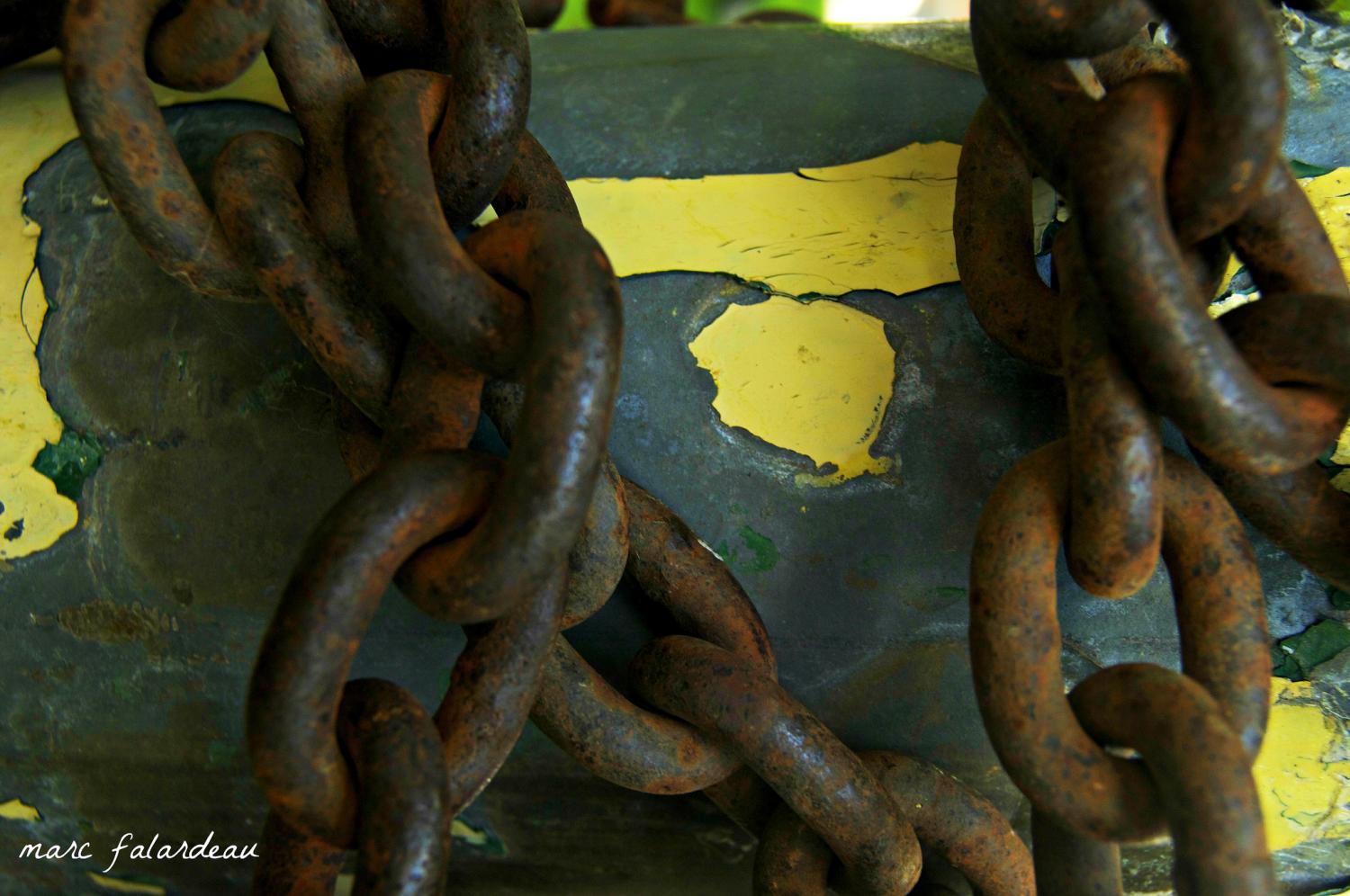
One individual is to be named as the UK man or woman who has done most to raise awareness to end modern slavery and labour exploitation.
The title winner will be announced at a black tie dinner held by the Top 100 Corporate Modern Slavery Influencers’ Index, established on March 1 by the UK international organization BRE and the strategic communications consultancy Sustain Worldwide.
The highest-scoring five in the index will speak about their activities and their next moves to expose and eradicate modern slavery and exploitation among UK businesses and their suppliers.
The government has estimated that about 13,000 people are in modern slavery in the UK today. In 2015 the authorities were alerted to more than 3,000 people, including nearly 1,000 children, as potential slavery victims, and Prime Minister Theresa May has called modern slavery “the greatest human rights issue of our time”.
The worldwide figure is even more frightening. Altogether 45.8 million people are said to be in modern slavery by the Global Slavery Index, the annual study by the Walk Free Foundation, whose aim is to end the menace and the accompanying human trafficking.
Dr Shamir Ghumra, sustainable products director at BRE, a centre formed to improve buildings and infrastructure through research and knowledge generation, outlined the problem: “Modern slavery has been described as a crime that is hidden in plain sight.
“Every day, in Britain’s towns and cities, across construction sites, factories, retail parks, high street shops, car wash forecourts and agricultural fields and shorelines, people are held against their will, exploited and trafficked.
“Criminal gangs are at the heart of modern slavery, using people as commodities to rack up profits and consign millions to modern-day slavery.
“The International Labor Organization estimates modern slavery is a $150bn (£108bn, €122bn) worldwide industry. Often unwittingly, due to a lack of awareness of who is working in their global supply chains, most organizations and companies in the UK are at risk of having modern slavery in their business.”
Dr Ghumra is prominent in the UK construction industry’s fight against modern slavery. Last year his BRE centre brought about a charter committing signatories to seek opportunities to uphold, preserve and promote the right of freedom in the industry.
The Top 100 Corporate Modern Slavery Influencers’ Index event will be held on September 26, hosted by Lady Young of Hornsey, an academic, former actress, cross-bench peer and human rights activist, who has introduced a parliamentary Bill proposing that public authorities and private businesses should both be covered by slavery laws.
The following day Lady Young will speak at the third annual Modern Slavery and Ethical Labour in Construction Leadership Symposium.
A separate report from the Shiva Foundation, which campaigns against slavery and trafficking in the UK, calls for immediate co-ordinated action to tackle exploitation in the hotel and hospitality sectors.
The foundation, estimating that 115,000 trafficking victims are trapped in Europe’s hospitality sector, urges the industry to use its collective purchasing power to drive change, to increase information flow between companies, to showcase its commitment to combat slavery and to give action priority. All organizations in the industry, it says, should submit a slavery statement.
A second appeal asks the UK government to bring together stakeholders to accelerate action.
The foundation, which is linked to Britain’s Shiva Hotels group, wants comprehensive guides for hotels and their suppliers to be published.
The report was presented at an event in New York City, co-hosted with the UN Trust to End Violence against Women.
Contributing bodies included the British Hospitality Association and the Stop Slavery Hotel Industry Network, whose members trade in more than 100 countries and employ 220,000 people.
Kevin Hyland, the UK’s Independent Anti-Slavery Commissioner, said: “Taking action on modern slavery and human trafficking is not just a moral obligation – it makes good business sense.
“Forced labour in company operations or supply chains has the potential to disrupt business, weaken investor confidence and cause significant brand damage.”
Photo: Flickr / Mark Falardeau

Megan is a writer and editor interested in sharing stories of positive change and resilience. She is the author of Show Up and Bring Coffee, a book highlighting how to support friends who are parents of disabled children. You can follow her at JoyfulBraveAwesome.com.














